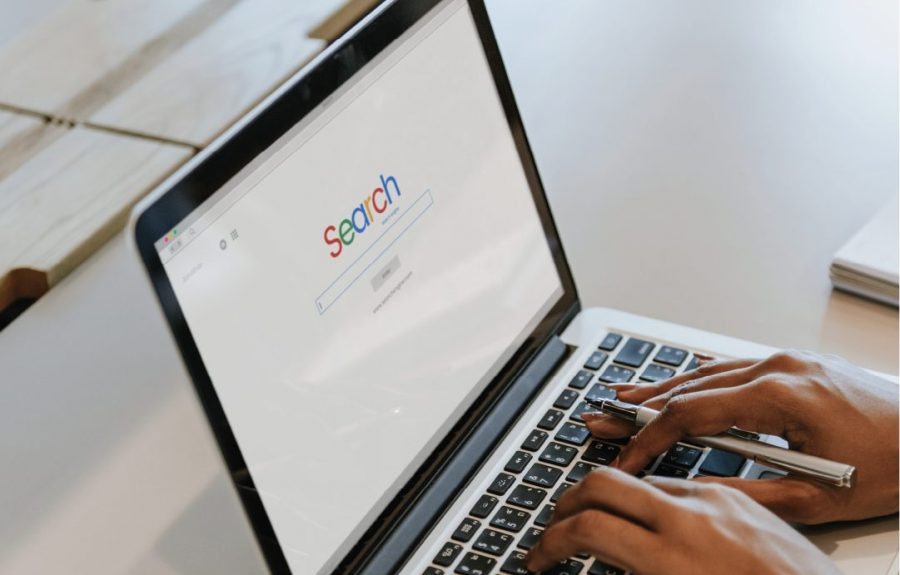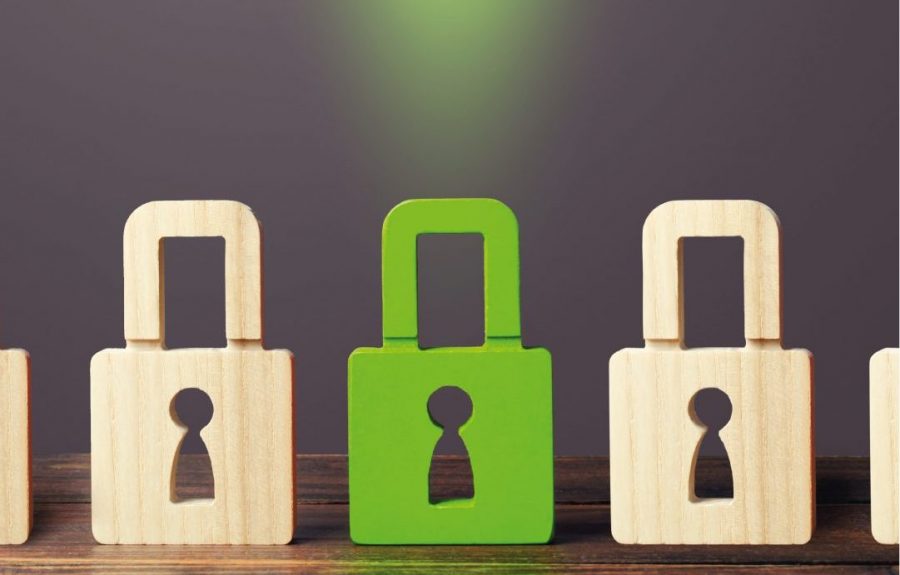Did you know, some website URLs begin with http:// but others begin with https:// ? You may not have thought anything of it, but the ‘s’ is very important to web viewers and users.
That ‘s’ means your connection to and from the website you’re viewing is secure. This ensures that any data or personal information you input into that site will be safe and cant be stolen by a hacker intercepting your connection, as it’s encrypted and secure.
This security feature is called SSL, which stands for Secure Socket Layer. The details of how this works are somewhat technical so we won’t go into all that here. However, in simple terms a Certificate Authority will issue a certificate once they are happy with your SSL set up. This certificate is installed on the hosting server of your website. This shows users that the link between the web hosting server and a browser is encrypted and secure. Ensuring that any data passed through this link stays private.
An SSL Certificate issued to a business and its domain name/website confirms that a trusted third party has validated that organization’s identity. Since browsers like Chrome and Microsoft Edge trust the Certificate Authority, the browser now trusts that business’s identity too. The browser lets the user know that the website is secure, with the https:// and the padlock icon at the beginning of the website’s URL. The visitor can then feel safe browsing the site and entering any personal information.
More recently, search engines like Google have started to penalise websites that do not have an SSL Certificate present.
This means that sites with http:// at the start of their URL will not rank as well anymore and are likely to further fall down the ranks.
Having an SSL Certificate is good for SEO. Search engines are increasingly less likely to show your website in search results without an SSL certificate.
Most browsers will give you a warning when viewing a website that does not have SSL Certificate.

Depending on the vulnerability of the site, it may take you to a security page warning you not to proceed to the website due to possible security breaches or it may just show a warning triangle next to the URL in the browser and simple state “Not secure”. You can easily see in most browsers whether a website is secure as it will have a small padlock shape before the URL in the browser. To be effective the SSL Certificate must be valid.
If you want your website to generate you leads or sales, then it is crucial that you gain the trust of your visitors.
Remember, your website is an online representation of your organisation. With more and more purchases being made online, without any human contact it is highly important to ensure your website is trustworthy.
Many online users will look out for the sign that shows whether websites are secure and avoid the sites that are not.

Theft of personal information through the internet has risen considerably in the last few years. This is due to the fact that websites without an SSL certificate are vulnerable to hackers seizing data via an undetectable “listening” program. The program starts capturing and recording when a visitor begins typing on that website. Ensure your web hosting has an SSL Certificate installed and registered to your website/domain and give your clients/potential customers peace of mind to purchase from your site.
Hopefully, you can see by now just how important it is to take the security of your website seriously. Without an SSL Certificate on your web hosting server, there is no knowing what damage could be done over time. Damage not only to your website but also to your organisation and brand. If you are ever concerned about your website or another website you are visiting, it’s very simple to find out whether the SSL Certificate is valid. If you use the Chrome or Edge browser, visit the website in question, click on the padlock icon before the website’s URL. This will bring up a box confirming whether or not the certificate is valid. You can then view which Certificate Authority issued and authorised that certificate for your peace of mind.
Get in touch with us to request your quotation